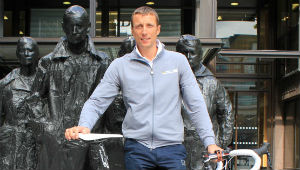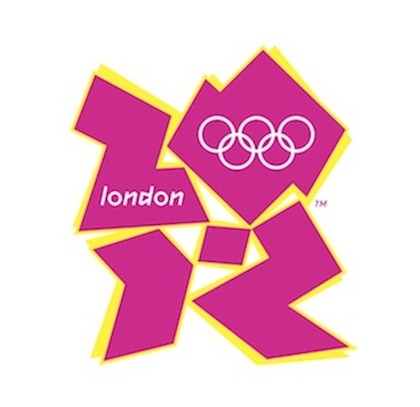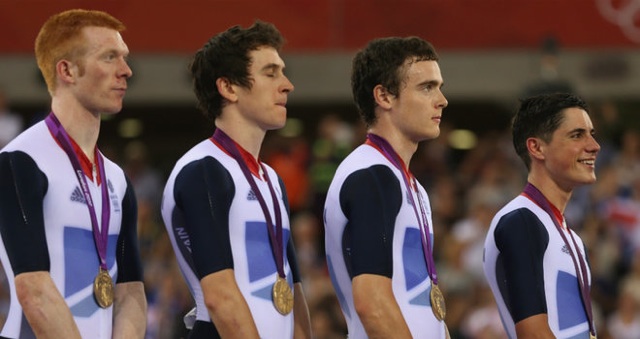Saturday’s Olympic Road Race will be uppermost in the minds of the elite riders of the WorldTour peloton preparing to swap their trade team kit for national colours in a bid to add a golden lustre to their palmares.
We considered the prospects of Great Britain and Belgium in yesterday’s opening to our ‘contenders’ series. Today, we consider the teams to be fielded by Germany and Switzerland.
The race can be roughly divided between teams who will try to control the run back through Surrey to force a denouement on the Mall suitable for their sprinters, and those with strongmen who will try to break up the race and send their strongmen up the road long before Buckingham Palace appears on the horizon.
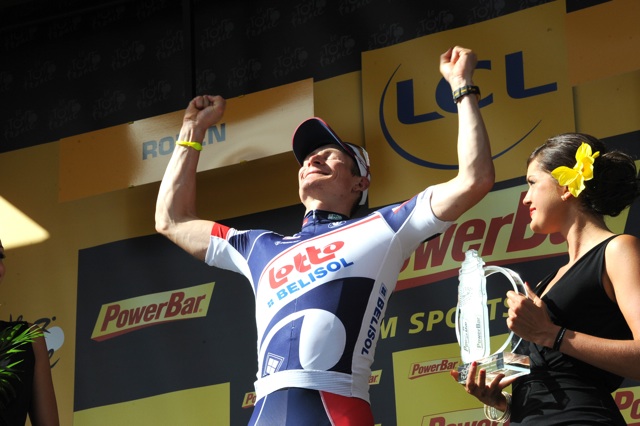
Germany belongs among the former category and to this end could prove useful to Great Britain. There greatest chance of victory rests in the power of André Greipel, who, like Mark Cavendish, will seek merely to remain in contention during the nine climbs of Box Hill in the hope of unleashing a sprint on the Mall. The pair were teammates at the now defunct HTC-Highroad squad.
Greipel is enjoying a superb season, marked by consistency. Like Cavendish, Greipel endured a fallow period in the spring Classics of March and April, but has tasted success in almost every other month, opening his season in January with victory in the Cancer Council Helpline Classic days before bagging a hat-trick of stage wins at the Tour Down Under.
February brought a brace at the Tour of Oman, and a post-Classics return to success began with three stage wins and the points jersey at the Tour of Belgium, two stage wins and the points jersey at the Tour of Luxembourg, and, in a final tweak of pre-Tour form, a stage at the Ster-ZLM Tour, ironically won overall by Cavendish without winning a single stage.
Greipel’s success in the Netherlands was followed by his most successful Tour de France, in which he scored a hat-trick of stage wins with victories on stages four, five, and thirteen.
He will be ably supported by a team offering similar strengths to Great Britain. For Ian Stannard, see former world time trial champion, Bert Grabsch, another ex-member of the HTC-Highroad squad is a diesel par excellence, more than capable of dragging the bunch into London before speedier teammates form a lead out.
Tony Martin meets the standard of Bradley Wiggins; another supreme time trialist with a huge ‘engine’, capable of churning out huge watts and dragging Greipel to the finish line. His early exit from the Tour de France with a fractured wrist should have left him fresher than the race winner.
John Degenkolb is a decent sprinter, but his results in two of this season’s Classics (fifth at Milan-San Remo and sixth at E3 Harelbeke) may prove significant: both Classics contain stubborn, grinding climbs. Degenkolb’s proven ability to get over such obstacles and contest the sprint will make him an asset to Greipel.
Marcel Sieberg is a team-mate of Greipel’s at Lotto-Belisol, and used to riding in service of his countryman and team leader.
Greipel shares Cavendish’s strengths and weaknesses. His victories we have discussed above. While not suffering the disaster at La Primevera endured by Cavendish, he still crossed the line 1.48 down on Simon Gerrans, proof that his abilities are not suited to hilly one-day races. If he is to win, Germany must attempt to control the race and force a sprint. Sound familiar?
If the race is to be decided by a sprint, and Greipel and Cavendish are present, who might win? Three stage wins each at the Tour suggest the outcome is finely balanced, but the manner of the Manxman’s victory on stages eighteen and twenty point to only one outcome.
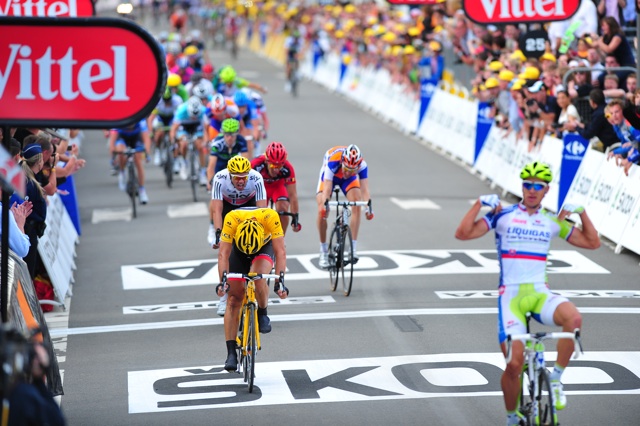
Switzerland, on the other hand, will do all they can to ensure a seemingly inevitable attack from Fabian Cancellara is successful, allowing the Olympic time trial champion and 2010’s unofficial King of the Classics survives the attentions of the chasing pack.
His Classics credentials are formidable. Spartacus reached his zenith in 2010 by completing the Ronde-Roubaix double. In 2011, he may have deserved more from Paris-Roubaix, storming back to second after a mechanical. Earlier that year, he had showed his fallibility to sprinters able to survive his massive assaults, losing out to Matt Goss in a sprint finish.
This defeat, followed by similar frustrations at this year’s Milan-San Remo where Simon Gerrans weathered the storm to pick him off in sight of the finish, a tactic copied more recently by Peter Sagan on stage one of the Tour, will leave him desperate to have settled matters long before the Mall.
Cancellara’s early season form was good (the manner of his victory in the Strade Bianche could provide a template for his approach to the road race) and his return from a badly broken collarbone in the Tour of Flanders, a piece of misfortune that robbed fans of a Boonen-Cancellara showdown at the Ronde and Roubaix, has been successful. Certainly, his Tour campaign was impressive (victory in the Prologue and seven days in yellow).
If Cancellara is to win, his teammates must thwart the pursuit by the sprinters’ teams. To this end, he will rely heavily on the support of teammates to break the momentum of the sprint trains.
Michael Albasini has enjoyed an excellent season with GreenEDGE. Overall winner of the Volta a Catalunya, after two stage wins, showed his ability to deliver on hilly terrain, a perception more recently reinforced by a solo victory on the eighth stage of the Tour of Austria. His one day form has also been good this year: second at La Fleche Wallone to Joaquim Rodriguez after a scramble to the top of the brutal Mur de Huy. If he reaches a break missed by Cancellara, he is strong enough to become Switzerland’s ‘plan B’.
Martin Elmiger, Gregory Rast, and Michael Shar all earn their living in cycling’s elite UCI WorldTour, with Ag2r-La Mondiale, RadioShack-Nissan-Trek, and BMC Racing respectively.
Will they be strong enough to support Cancellara? Australia, Belgium, Germany, Great Britain and the USA all have greater strength in depth, and all, with the exception of Belgium, will seek to drive the peloton in support of a sprinter. Cancellara, as he has done on countless previous occasions, may have to get the job done alone.
Tomorrow: Australia and the USA


